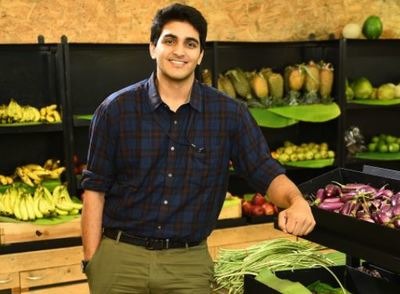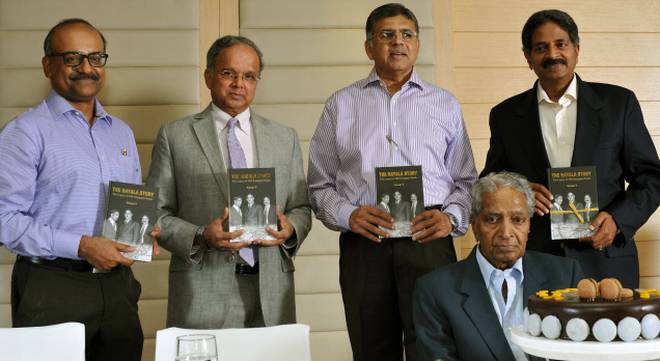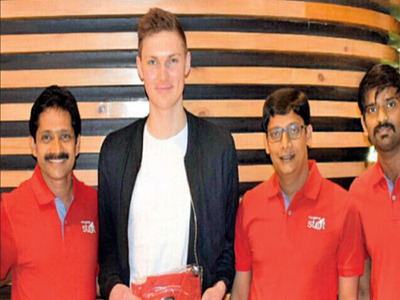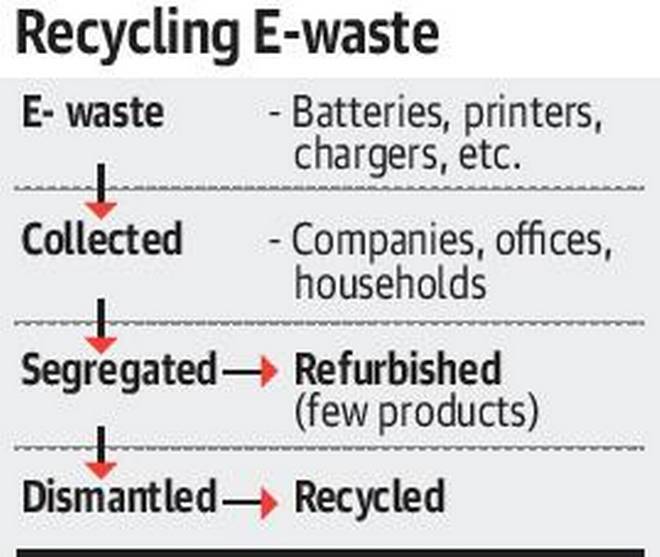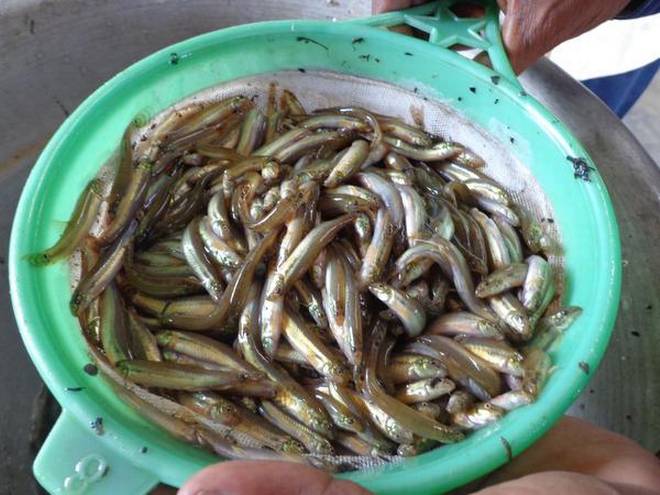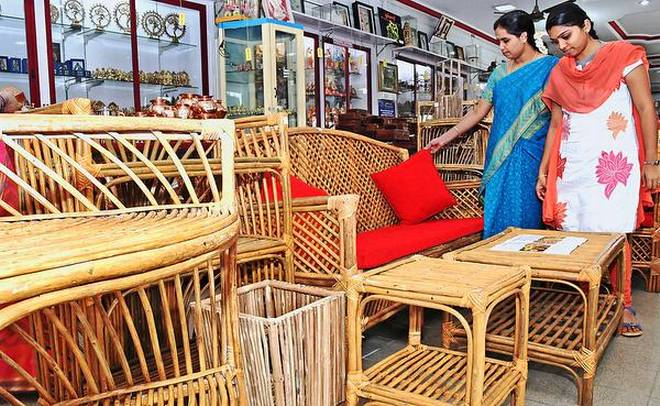
Lantana crafts of the tribal people of Singapathy, near Kovai Kutralam, is a new attraction at the Poompuhar’s ‘Crafts of Tamilnadu’ annual exhibition at its main showroom in Coimbatore.
With a view to encourage the tribal people in crafts to eke out a living, the Handicrafts Development Corporation in association with the government is encouraging the tribal artisans to make furniture and other craft materials near Singapathy, said R. Narendra Bose, manager of showroom. Lantana, a weed shrub that invaded from Central and South America is a grave threat to the native flora in the reserve forest. The rapidly growing weed is considered to be a threat to biodiversity.
The bamboo-like weed grows very fast, covers open ground very quickly and hinders the regeneration of species. It often outgrows other species, which leads to reduction in biodiversity.
Besides Coimbatore, these types of weed shrubs are found abundantly in the forests at Chennapatna in Karnataka.
Based on a tip-off given by the trainee IAS officer Sharanya Ari, the Tamil Nadu Handicrafts Development Corporation Limited took interest in introduction of furniture made using Lantana species (bamboo like) by the trained tribal artisans and were on display for sale at the exhibition for the first time.
“It helps local artisans to create wealth from waste,” Mr. Bose said.
Sofa sets, corner stand, tea table etc costs much lower than those made of bamboo and other types of woods, he added.
Aadhi Yogi statue made of coconut shells by artisans and paper crafts made by the inmates of the Residential Industrial Training Centre for Mentally-Challenged Persons at Iruttupallam in Coimbatore are also an attraction at the expo.
More than 150 products are on display for sale at the exhibition. Poompuhar expects the sale during the exhibition period to cross Rs. 5 lakh.
The exhibition will be held between 10 a.m. and 8 p.m. on all days up to December 16, he said.
source: http://www.thehindu.com / The Hindu / Home> News> City News> Coimbatore / by R. Arivananthan / Coimbatore – December 13th, 2017

